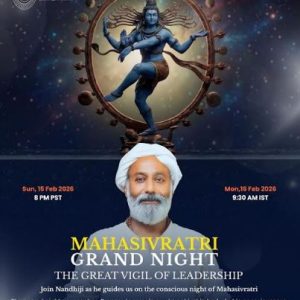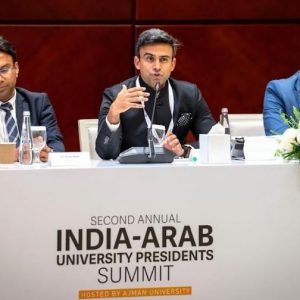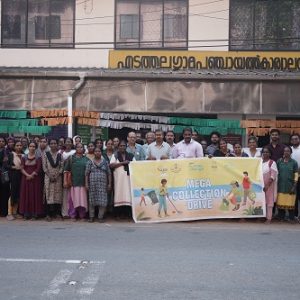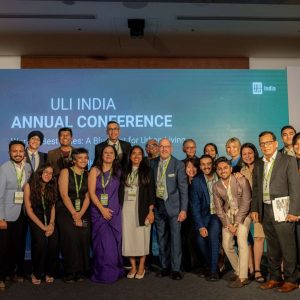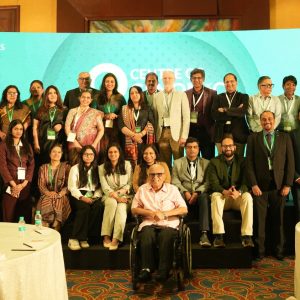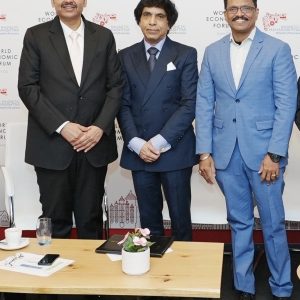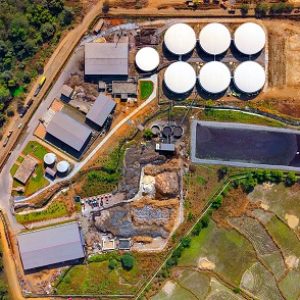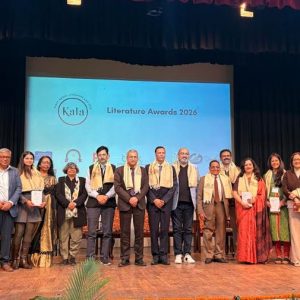According to Tesla CEO Elon Musk, providing Tesla electric vehicles in India will be a logical next step for his company, since India, like every other nation, should have electric cars. In terms of population, India is currently the most populated nation on Earth. Just like every other nation, India ought to have electric vehicles. Offering Tesla electric cars in India is a logical next step, Elon Musk stated during a X Spaces meeting with Nicolai Tangen, the CEO of Norges Bank Investment Management. “All vehicles will go electric and it is just a matter of time,” declared the billionaire CEO.
Tesla has lately intensified its efforts to bolster its presence in the Indian market and is actively scouting for a suitable location to set up a state-of-the-art manufacturing plant.
As per sources, the state governments of Maharashtra and Gujarat have extended lucrative land offers to Tesla Inc. for the establishment of an electric vehicle (EV) manufacturing plant, signalling a major stride in India’s electric mobility landscape.
Sources said the proposed plant, will have an estimated investment between USD 2 billion to USD 3 billion, and will aim to cater both domestic and international markets for Tesla’s electric vehicles.
The move comes in the wake of India’s new EV policy, where incentives have been provided for setting up manufacturing plant in India. As a global EV manufacturer, Tesla plans to establish a robust manufacturing presence in India.
Under the government’s EV scheme, which aims to position India as a preferred manufacturing destination for EVs equipped with cutting-edge technology, several key objectives are outlined.
They include attracting investments from reputable global EV manufacturers, fostering the adoption of advanced EV technology among Indian consumers, and bolstering the country’s Make in India initiative.
The policy has asked for a minimum investment threshold of ₹ 4150 crore (USD 500 million) and encouraging manufacturers to achieve significant levels of domestic value addition (DVA), the government mandates that by the third year of setting up the manufacturing unit, at least 25 per cent of the parts used to make the vehicles should be sourced domestically. This localization level is expected to increase to 50 per cent by the fifth year of operation.
For vehicles valued at USD 35,000 or more, a 15 per cent customs duty will be imposed for five years if the manufacturer builds manufacturing facilities in India within three years.
The total number of EVs allowed for import under the policy will be limited based on the investment made. or of a maximum he value of ₹ 6484 crore, whichever is lower. If the investment exceeds USD 800 million, a maximum of 40,000 EVs can be imported, with no more than 8,000 per year, as per the policy. Unused import limits can be carried over.
As part of its investment plans, Tesla intends to send a team of experts to scout for suitable locations across India for the proposed manufacturing facility.
The Financial Times reported, citing an Indian official, that the government would formally invite applications for the EV tariff reduction scheme by the end of this month, under which eligible companies will be allowed to import up to 8,000 vehicles a year.
Tesla Chief Executive Elon Musk in June last year said that he was planning to visit India in 2024, adding that he was confident that the electric carmaker will be in India and will do so “as soon as humanly possible.”
He had told reporters in New York, following a meeting with Prime Minister Narendra Modi, who was then on a historic four-day State visit to the US.
Musk had said that PM Modi invited him to India.
“I would like to thank PM Modi for his support and hopefully, we will be able to announce something in the future,” Musk had said.
In November 2023, Union Minister for Commerce and Industry Piyush Goyal had visited Tesla’s manufacturing facility in California’s Fremont and said that the US electric car maker is on its way to double its components imports from India.
Mr Goyal had stressed that he was proud to see the growing importance of auto component suppliers from India in the Tesla EV supply chain.




